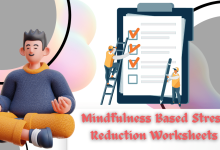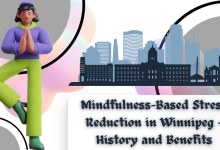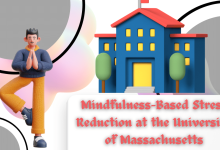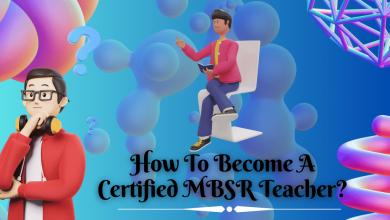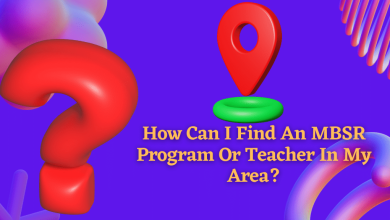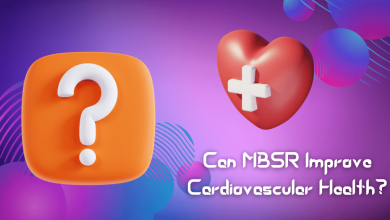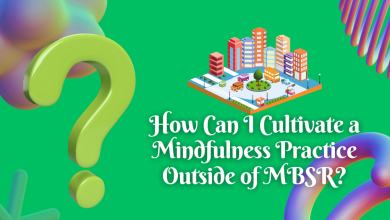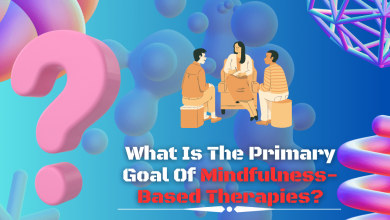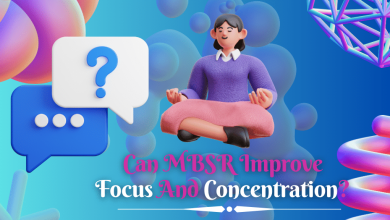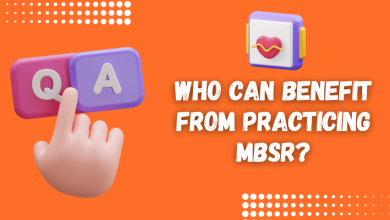What Is The Difference Between MBSR And MBCT?
Let’s start by defining what MBSR and MBCT are. MBSR stands for Mindfulness-Based Stress Reduction, while MBCT stands for Mindfulness-Based Cognitive Therapy.
Both programs are mindfulness-based interventions designed to help individuals manage stress and improve mental health, but there are some key differences between them.
Background and origins
MBSR was developed by Jon Kabat-Zinn at the University of Massachusetts Medical Center in the 1970s.
The program was initially designed to help individuals cope with chronic pain and illness, but it has since been adapted for use with a variety of mental health concerns.
MBCT, on the other hand, was developed in the 1990s by Zindel Segal, Mark Williams, and John Teasdale. The program was specifically designed to help individuals with recurrent depression and is based on cognitive-behavioral therapy (CBT) and MBSR principles.
Focus of the program
While both MBSR and MBCT are mindfulness-based interventions, they have different focuses.
MBSR primarily focuses on mindfulness meditation as a means of reducing stress and improving overall well-being.
The program is designed to help individuals cultivate mindfulness and awareness of their thoughts, feelings, and physical sensations.
MBCT, on the other hand, focuses on using mindfulness to change patterns of negative thinking that are associated with depression.
The program teaches individuals to become more aware of their negative thought patterns and to respond to them in a more adaptive way.
Structure of the program
Both MBSR and MBCT are typically delivered in a group format over a period of 8-10 weeks.
Participants attend weekly group sessions where they learn and practice various mindfulness techniques.
In addition to the group sessions, participants are expected to practice mindfulness meditation at home on a daily basis.
While the overall structure of the programs is similar, there are some differences in the specific techniques and exercises used in each program.
For example, MBCT may include more structured cognitive exercises than MBSR.
Target population
MBSR is designed for individuals who are experiencing stress, anxiety, or physical pain.
The program is not specific to any particular mental health concern but rather aims to help individuals develop skills for managing stress and promoting overall well-being.
MBCT, on the other hand, is specifically designed for individuals with a history of recurrent depression.
The program is based on the idea that negative thinking patterns are a key factor in the development and maintenance of depression, and that mindfulness can be used to interrupt these patterns.
Evidence base
Both MBSR and MBCT have been extensively studied and shown to be effective in reducing symptoms of stress, anxiety, and depression.
However, there is more research on the effectiveness of MBCT specifically for individuals with recurrent depression.
For example, a study published in JAMA Psychiatry compared the effectiveness of MBCT, antidepressant medication, and placebo in preventing relapse in individuals with recurrent depression.
The study found that MBCT was as effective as antidepressant medication in preventing relapse and that both treatments were more effective than placebo.
In conclusion, while both MBSR and MBCT are mindfulness-based interventions that aim to improve mental health, they have different focuses, structures, and target populations.
MBSR focuses on mindfulness meditation as a means of reducing stress and improving overall well-being, while MBCT focuses on using mindfulness to interrupt negative thinking patterns that are associated with depression.
Both programs have been extensively studied and shown to be effective, but MBCT specifically has more research evidence for individuals with recurrent depression.
